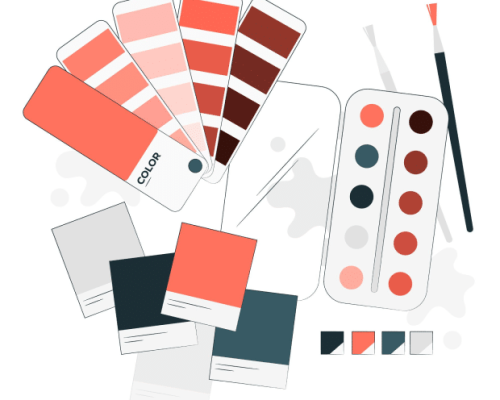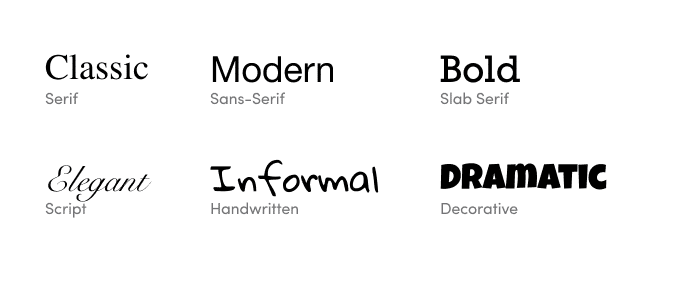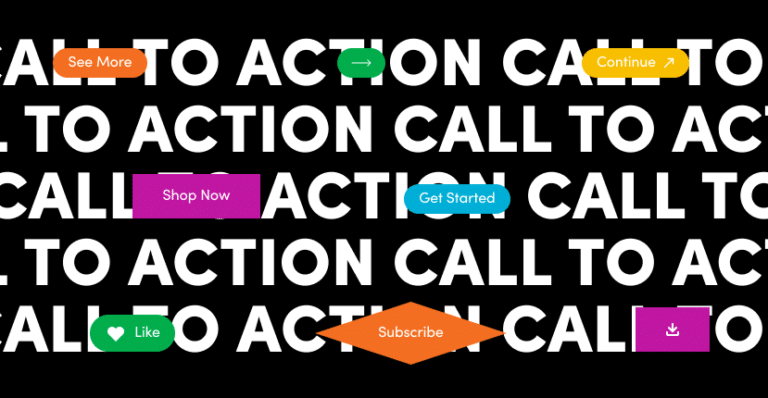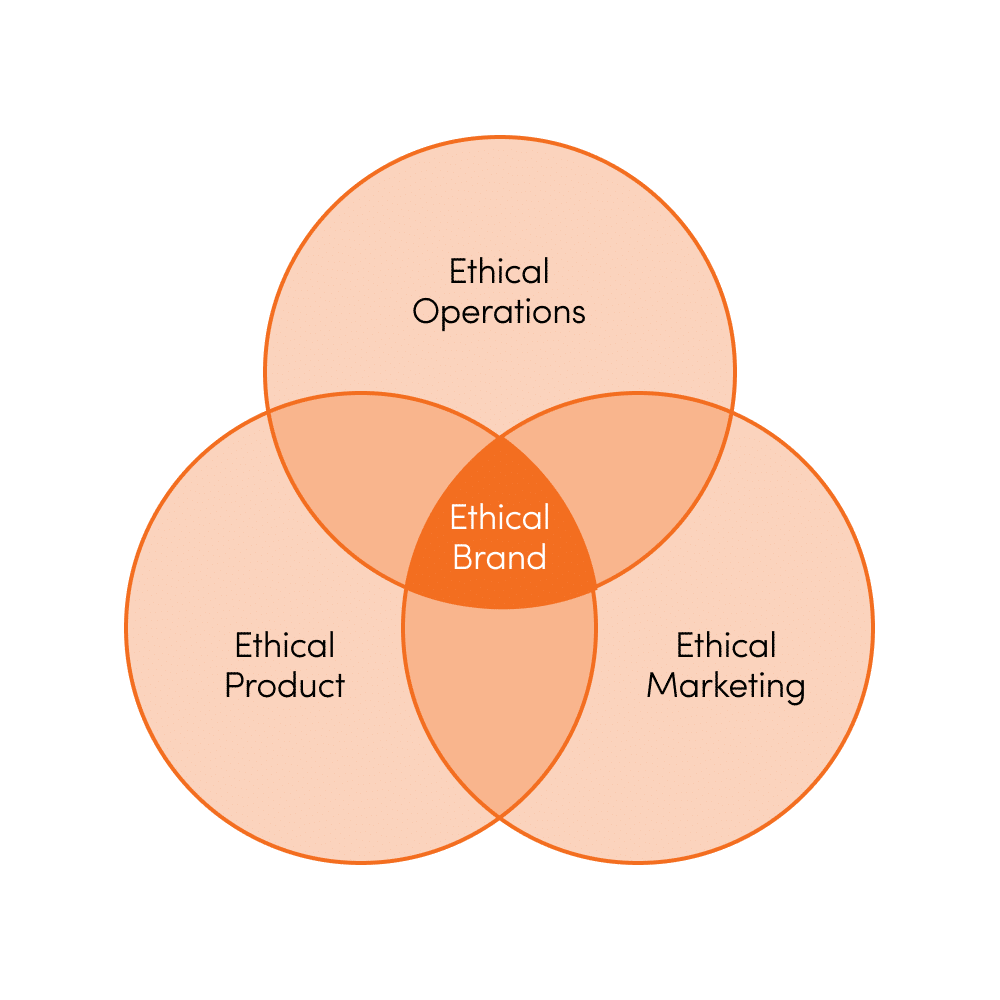The most successful branding agencies understand one important concept: consumer behavior.
Realizing how and why consumers shop, as well as recognizing their needs, wants and pain points, is a key component of growing a brand’s ROI. So how can brands develop such a well-rounded picture of consumers that they can effectively influence consumers’ future buying behavior? By applying marketing psychology to every campaign.
Marketing psychology combines human psychology with marketing strategy to help brands better connect with and influence consumer behavior. Also known as neuromarketing, marketing psychology enables brands to align content, messaging, and even visual cues with identified human behavioral patterns.
Years of experimentation and research have noted many predictable behaviors that consumers routinely—and often subconsciously—use when making purchase decisions. When brands can harness these subconscious decision-making tools, they can create content that connects with consumers and influences their purchasing.
Using Psychology to Influence Consumer Behavior

The human brain uses a variety of techniques to quickly interpret situations and make decisions accordingly. Without even realizing it, humans assign meaning to logos and musical scores, scan headlines for key phrases and analyze content to inform brand perceptions. Brands can use these common tenants of human psychology to steer consumer behavior and judgments.
While most marketers are familiar with psychological strategies like introducing scarcity or the power of repetition, there are a variety of techniques that consistently yield positive results. Whether you are restructuring a website, updating social media content, or launching a new email marketing campaign, your brand can use psychology to influence consumer behavior by:
- Incorporating emotional trigger words into copy to connect quickly and easily with your consumers.
- Utilizing colors that evoke specific emotions and promote positive brand perspectives.
- Choosing fonts and layouts that are easy to read and follow will make your copy simpler to digest.


- Owning your (infrequent) mistakes and using them as teaching opportunities to humanize your brand, make it more approachable to consumers and help them perceive your brand as more trustworthy and truthful.
- Making small but noticeable changes to website layouts or adding variety to blog post topics to keep consumers engaged instead of glossing over your content.
- Strategically organizing information to help consumers focus on the most key facts that will propel your audience toward the decision you want them to make.
- Giving consumers the opportunity to subscribe, purchase or leave a review while reminding them they always have the freedom to unsubscribe and are under no obligation to write reviews.

- Creating attention-grabbing introductions and conclusions to any written or visual branded content.
- Using conversational, familiar words and concepts to help consumers quickly process and connect with the information.
- Drawing curious audiences into your content with compelling headlines and content that offer “one simple strategy,” “six tried-and-true steps” or “our top ten favorite resources.”
- Establishing reciprocity by offering your audience something of value for free before asking for something in return.
The Ethics of Marketing Psychology and Consumer Behavior
Some marketers worry that using psychology in marketing can be malicious, and for good reason. Even the most conscientious consumer has been wrongly influenced by manipulated social media news feeds or by subliminal messaging in ad campaigns. Although it is entirely possible to apply the marketing psychology tips listed above to deceive an audience, the most effective long-term strategies do not need to sway audiences through unethical practices.
Not only is tricking or manipulating consumer behavior an unethical way to increase sales, but it is also completely unnecessary. When applied thoughtfully, marketing psychology is far from coercive. Any respectable brand and branding agency will use the art of persuasion to influence ethically and positively—not manipulate—consumers. They will leverage the principles of marketing psychology to create enjoyable, attractive campaigns that work in harmony with people’s natural thought processes.

To further help you apply psychology to your brand strategy, here are five simple guidelines for staying ethical when employing marketing psychology:
- 1. Remember that consumers should always be in control of their decisions. While your content can guide them toward purchase, make sure your customer’s decision is truly the best one for them.
- 2. Stay focused on your target audience. It is completely possible to expand into new demographics without manipulating consumers who aren’t a right fit for your brand.
- 3. Be honest and transparent. Your brand depends on credibility, so don’t make promises you can’t keep or misrepresent your brand or products for the sake of winning over more customers.
- 4. Build and maintain trust by offering service guarantees, providing helpful tips and solutions, and avoiding spamming potential customers.
- 5. Remember you are a human and a consumer too, so create opportunities for free giveaways, delightful surprises, or exciting challenges to give back to your customers in a memorable way.
Ethical marketing psychology allows brands to tailor products to what customers want and need and then leverage those desires to provide top-notch customer experiences. Brands that understand psychology in marketing can retain relevancy within their industry, build brand authority and trust, and increase profits.
As a branding agency, (matter) strives to deliver exceptional branding and design that leverages the art of marketing psychology to create effective marketing campaigns for our clients. If your brand is ready to design its next successful ad series, (matter) is here to help take you to the next level.
